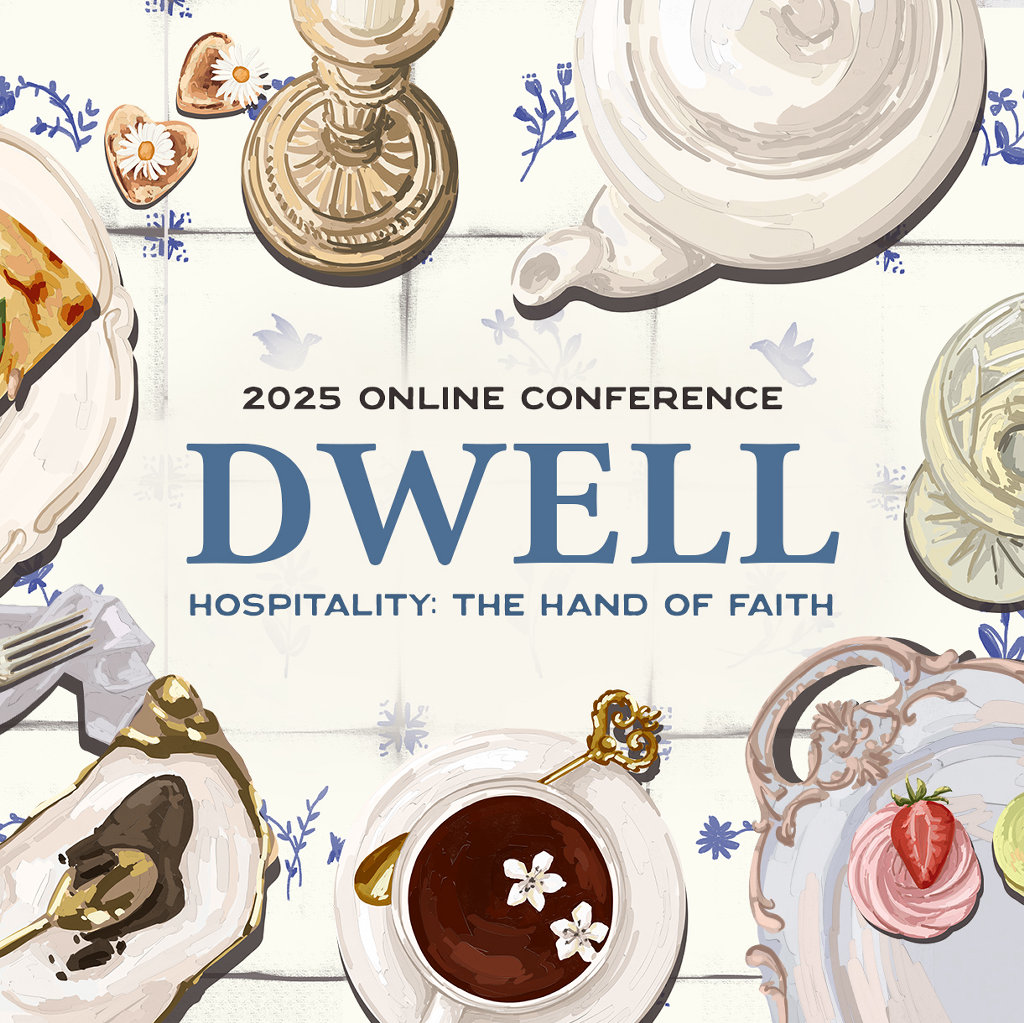How We Got Here

As you know, America is a deeply divided country because there are educated, progressive people (EPP) and there are hicks and rubes (HAR). Now we get to wait out the election results to see how much better the EPP are than the HAR.
I would like to consider for a moment the difficult question of why it is so hard to process political ideas in this day and age and to do so I need to make myself a little more “vulnerable” as the EPP has taught us all to say.
I’m always looking for the roots of things, which makes me both a radical, in the sense that I like radishes, and a jerk, in the sense that I keep asking questions, because I keep having them, long after the teacher has told us to finish our lessons.
The trouble with that approach is that the ultimate roots are both infinite and obvious: we are a race (humans) that want dominion but are threatened by the neighbor who also wants it, we want glory but don’t want to share it with the other guy, we want harmony but we want to be the key in which the song is sung, we want to live forever but not in these bodies, we want knowledge but we don’t trust our minds, our senses, or our authorities, and we want to rest but the world doesn’t stop spinning.
In short, the problem is rather obviously the condition of my threatened, disappointing, fragmented, dying, ignorant, restless heart. Dare I say that nothing can be done at the political level to fix that? And may I add that everything that happens at the political level arises from that same heart and the fragmentation that we all share?
So when I seek out roots, I have to lay that foundation. Then I can look at how these things have played out in time, in our time, to see how we got where we are.
I am not an ideologue or an idealist when it comes to politics. I have, shall we say, very low expectations for what people will do when they have power. What happens on the school playgrounds and the student council is not all that different from what happens in the city council, the State House, or the Federal government. The main difference is the increasing lack of accountability as you ascend the hierarchy.
Not being an ideologue or idealist I don’t get overly excited about what a given movement or party is likely to accomplish, which is why I could never go into politics in a democratic republic like ours, where the main thing you have to do is make ridiculous, irresponsible promises that nobody believes anyway but that still get them excited about the dream world you have fashioned in their imaginations.
What I want more than anything else, therefore, is accountability. I want some way to ensure that at least most people who govern us will have to give an account for their deeds while governing us. In the end, even that is not possible on earth, though I do believe that, as Paul told the Christians in Asia Minor, the slave master will give a direct account to Christ Himself.
Unaccountable, concentrated power is the ultimate enemy of civil society.
Unfortunately, that is where we are today, so now I can get to the point I started with. Why is it so hard to process political ideas today?
What I mean by that is, why do families break up over which party a person votes for? Why do Trump signs trigger democrats and Biden signs create such deep anxiety for republicans? Why are we so deeply and personally divided?
This is what I believe:
Prior to the 1960s, the US had built what can be called a classical liberal order within its borders and had been instrumental in spreading it through what was known as the free world. Its roots came from a unique combination of pre-Norman Anglo-Saxon ideas, Greek notions of freedom, Roman conceptions of governance, British parliamentary history, Enlightenment political ideas, and some ideological impulses from the French Revolution.
These ideas evolved over time until they informed our Christian classical British American constitution, but were radically modified by the treaty of Westphalia and our own civil war.
If I were to look for a single principle that brought all these ideas together, I’d struggle, because they are not, in the end, internally consistent. But if there is one principle that dominates the others, I think it would probably be respect for form with its negative being fear of human ambition.
It was also permeated by the idea that actions have consequences, that decisions lead to results, that some are good for a society and some are bad, and that therefore
1. Some societies or cultures improve their lot while others decline
2. The duty of rulers is to look to the descendants as much as to their own children and to look to the ancestors as much as to their neighbors.
3. People who disrupt the moral order that has led to the society’s present state had better have strong evidence that what they are offering will make the society better.
You can call that natural law if you want.
But as I indicated above, throughout the period since the 1648 Treaty of Westphalia, which gave us the modern European order of the nation-state, largely from its attempt to define the formal relation between church and state, there have been ideas that are inconsistent with this general political paradigm.
The main one would have to be the autonomy of the individual, the incoherent notion of a person who is self-determined, and yet part of a society. You see this in Descartes’ intellectual fantasy of an autonomous thinker, in Rousseau’s political fantasy of the individual who would be perfect if only society would leave him alone, and in the artistic fantasy of all those who want to become great artists by tapping into their inner creative spirit.
In the 1960s, the last major stronghold of the complex achievement of the classical liberal view came under attack in western Europe and the US. Prior to that, Nazi Germany, Fascist Italy, and Communist Russia with its satellites had revolutionized every country east of the Rhine by concentrating power in ever fewer hands to achieve ideological dreams that required the overthrowing of the old forms.
That revolutionary radicalism destroyed everything it got its hands-on, from the French Revolution onward. But its seductive appeal is no less potent than a Hollywood siren lying beside you in a hotel room.
It claims to give you, the individual, autonomy, the power to create yourself, even to choose yourself. It claims, also, that the enemy of your self-creation is the form of the old order. Consequently, what you need to do is obvious: you, the autonomous self-creating individual need to team up with other autonomous self-creating individuals who are autonomously self-creating themselves after the same pattern, and overthrow the old order.
In America, two overwhelming forces were combined to bring this about: the first, the demand that we repent of the deep sin of what we have come to call racism. The second, the sexual revolution.
That we should repent of our racism and that we aren’t done repenting of it, I believe deeply.
I also recognize that the much more complicated matter of the sexual revolution has attached itself to the war on racism and used it to attack the order of American life.
On the left, people started saying the personal is the political. On the right, people complacently slept for most of the next 20 or 30 years, although the Russell Kirks and Roger Scrutons and even Francis Schaeffers of the world certainly didn’t. They rang alarm bell after alarm bell, until their (accurate) warnings were drowned out in the noise (it reminds me of the Nazi’s failure to detect the British radar system because of its simplicity and the noise surrounding it). Eventually, people on the so-called right began to see that, as Stephen Bannon finally put it, politics is downstream from culture. But it was too late.
We no longer have two political options arguing about how to compromise. That would imply classical liberalism, where the personal and the religious are tolerated but only insomuch as the parties are willing to compromise when it comes time to make a decision for the community.
We now have two political parties that wire together extremely disparate interests on the basis of different assumptions about reality.
The Democrat party has been consistent with its heritage, at least going back to Andrew Jackson. They have a vision for what the world should look like, and they will use the state to achieve that vision. They are increasingly ideological, meaning that their ideology is more important than the rules of the game. When the rules work to their advantage they will follow them. When they don’t, they will break them, claim the right to do so because of their ideology (today: social justice, tomorrow, who knows? Perhaps, purging the world of Semitic influence, perhaps yet another debased form of freedom), and encourage others to break them as well.
They prefer to make rules, because in politics that is how you make the world the way you want it to be. People are shepherded into their pastures by the laws and regulations they impose on them. Initially, the main rules and regulations were financial, but eventually they became increasingly personal.
Of course, they have no intention of applying the rules to themselves as that would limit their ability to save the world.
There is one great problem with this approach and that is that it creates enormous space for people willing to use the ideology for their own glory. Nobody is more ideological than the fraud who convinces himself in the marrow of his being that he really is getting rich and powerful for the benefit of those he is eating.
The more ideological an ideology (i.e., the more out of touch with reality or the more in conflict with the present forms) the more it needs power to bring about its self-realization. The more power it gets, the more it undercuts the freedom of those it rules in order to make them in the image fore-ordained.
Underlying the Democrat party’s wiring together of contradictory groups is not, ultimately, identity politics. It is an undefined vision of a world in which nobody is bound by any dream other than their own self-creation and in which they are the guardians of that world.
Forms of every sort get in the way: boundaries between countries, property ownership, words with stable meanings, human nature, archetypes that transcend stereotypes, defined relationships, and so on.
So the only forms that are allowed are the ones they make to change the world and the adjustments they make to fix the disasters they create.
The Republican party, on the other hand, values form but can’t seem to express why in public for fear they’ll be shamed. For example, to a republican, property rights are cherished, so one of the main purposes of law enforcement is to enforce the laws, especially those that protect private property.
The Republican wants to say that if a person breaks the law he should be punished, no matter how ranking.
The Republican wants to say that if a person behaves dishonorably, he should be censored, and if he does so in a way that threatens national security or even the national reputation he should be removed from high office – the higher the faster.
But then 1992 happened and the Republicans went into shock.
Americans with a republican spirit, which is probably still most of us, have been bewildered and on the defensive since the ’60s but especially since the ’90s.
When Clarence Thomas was nominated for the Supreme Court, Joseph Biden accused him (Yes, accused him) of believing in natural law.
There are people in both parties who no longer believe in the laws of nature and of nature’s God, but the Democrat party has formally renounced these two notions, treating them as beyond the pale. And the EPP that I mentioned above align with and support them in that choice.
Those of us who believe in those laws and that God have been on the defensive. Many of us voted for Donald Trump when it became obvious that the Republican leadership could not or would not defend that view of reality as it pertained to our country. It became obvious that they could not express themselves without looking over their shoulder for approval from the EPP. Trump was an act of desperation and a cri do couer from the common man who loved his ancestors and his grandchildren.
The humanity of an ideologist can be measured for its sincerity by how able they are to hear a genuine cry of the heart from those who disagree with and don’t align with the cry.
However, the ideology that drives the left in America has become simultaneously deeply personal (the sexual revolution) and aggressively statist.
Let me make an application:
Large organizations are always taken over by people who want power and are willing to hurt people. Sometimes it takes longer than other times, but it always happens.
The government of the United States and the corporations that dominate the private economy are both so big that your ideology doesn’t matter. If it is giving you the right to do something you want to do now (such as, say, live or buy and sell), it will take it away from you later, and if not you, your children. That can’t not happen.
Unless we de-concentrate power and authority.
I think we had our chance. I think that chance has passed us by. But I don’t know that. I just think it.
Allow me to retreat to the essential idea of this whole post:
Unaccountable, concentrated power is the ultimate enemy of civil society.
Andrew Kern
Andrew Kern is the founder and president of The CiRCE Institute and the co-author of the book, Classical Education: the Movement Sweeping America.








